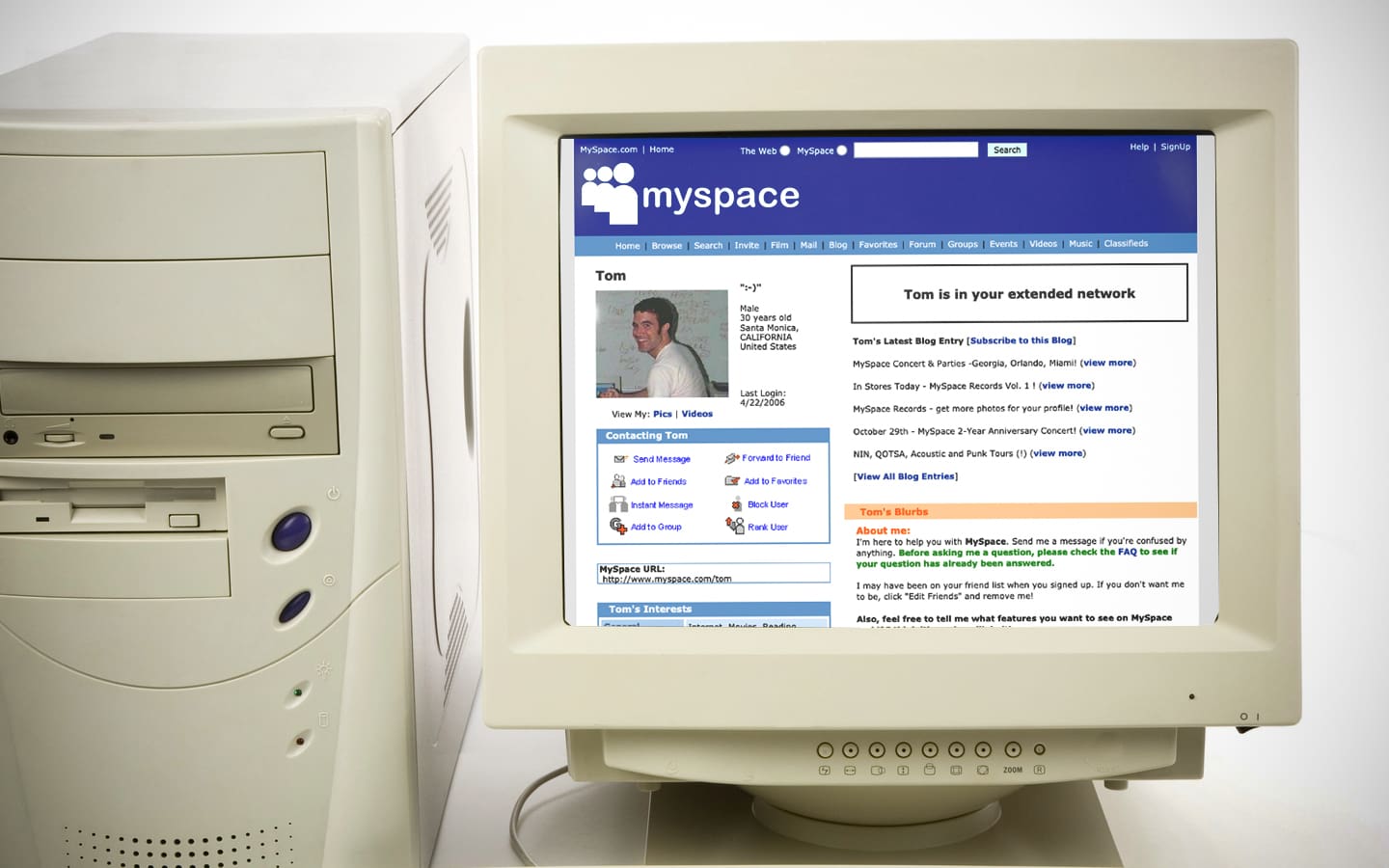Just like music and fashion, websites seem to come and go with the trends. What’s huge today may be utterly forgotten by the next generation. Just tell a high school kid to search for something online using Ask Jeeves or AltaVista and see the look you get in return. But while these sites are (mostly) gone or abandoned, that doesn’t mean we can’t remember them fondly. So dial up (remember the screech) and let’s look at some internet history worth talking about!
Vine
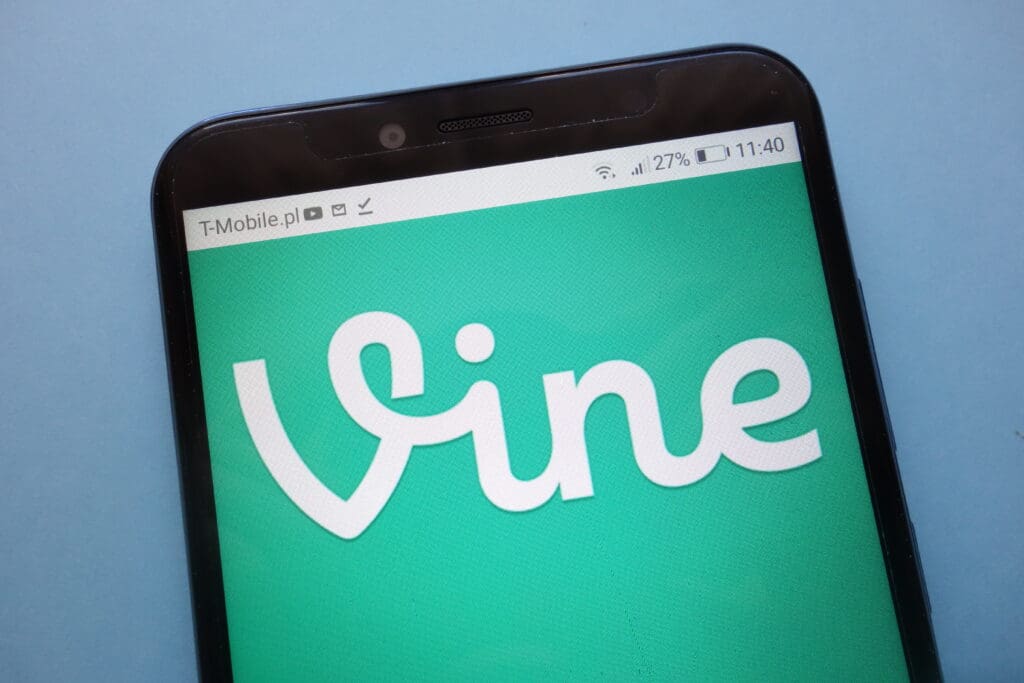
Vine was where creativity thrived in just six seconds. People made hilarious, weird, and sometimes genius looping videos that became viral hits. It launched the careers of internet stars and brought us phrases like “on fleek.” TikTok eventually took over, but Vine’s short-lived magic is still missed.
Digg
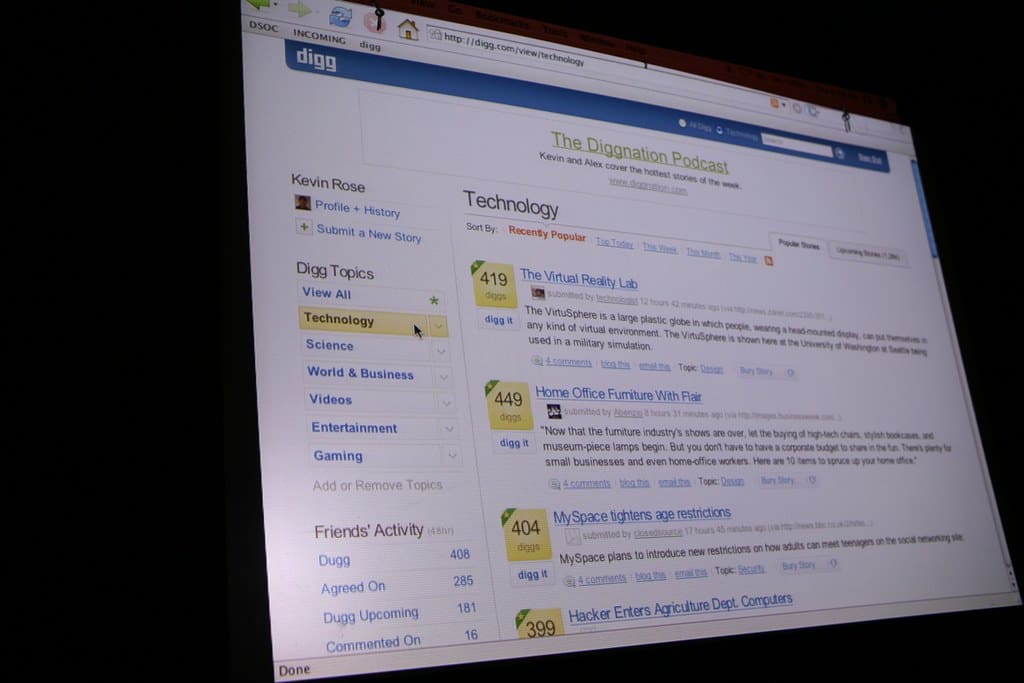
This site was the original way to find out what was trending online. Users “dug” articles, photos, and videos, pushing them to the front page. For a while, it was the pulse of the internet. But after a disastrous redesign, its loyal community jumped ship, and Digg was never the same. Users fled to Reddit, which has been going strong ever since.
Tumblr
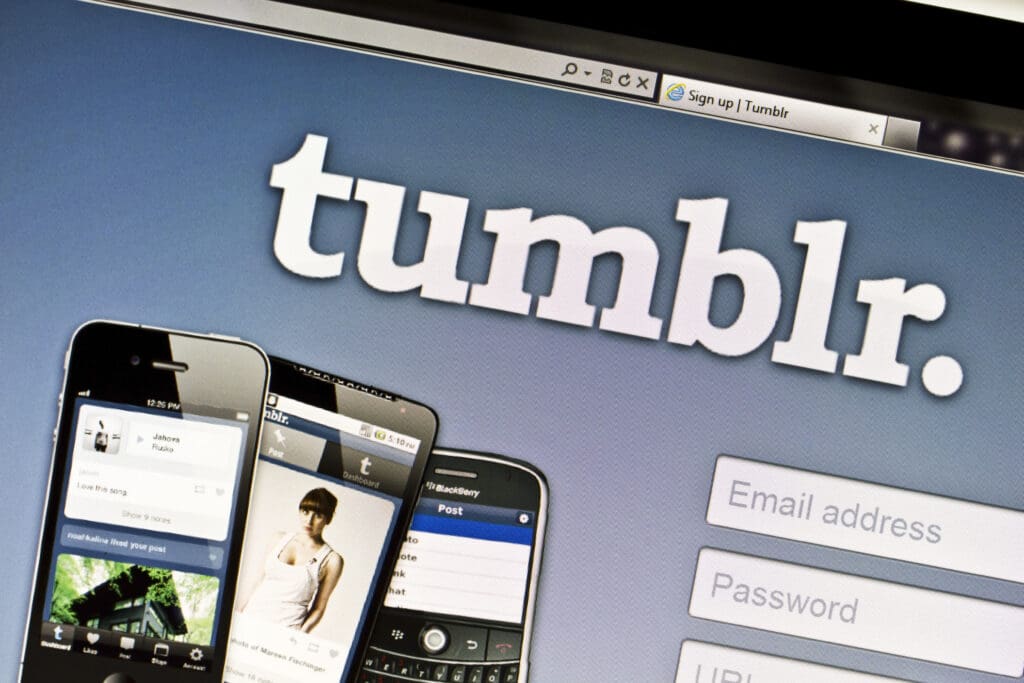
Tumblr was the go-to place for fandoms, memes, and aesthetic blogs. It was a mix of blogging, reblogging, and creating your little corner of the internet. In 2018, it banned adult content, and its popularity plummeted. Still, many remember it as the place where they found their people online.
StumbleUpon
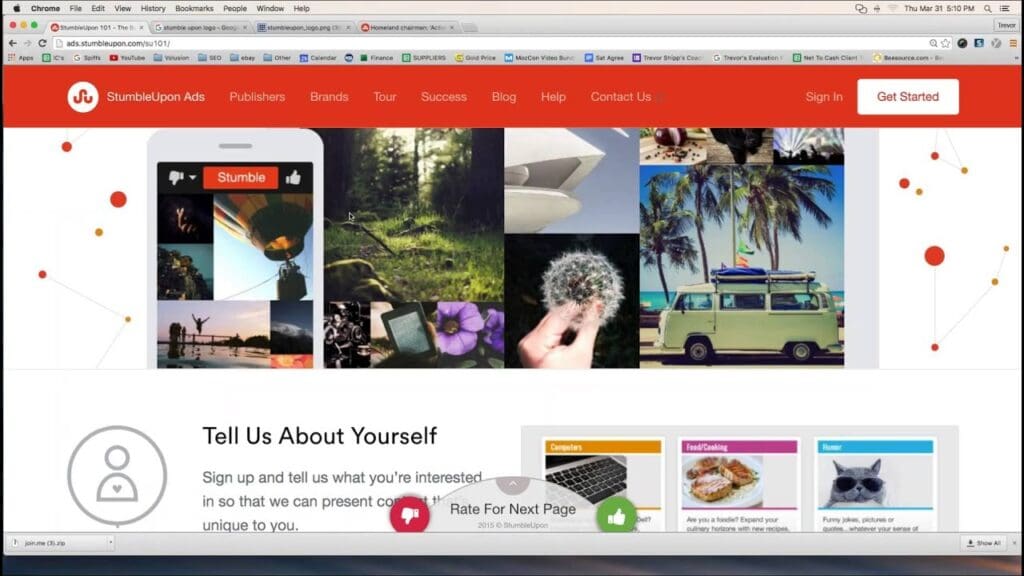
StumbleUpon felt like exploring the internet with a magical “next” button. You’d hit “Stumble,” and it would take you to a fascinating, random webpage you might have never found otherwise. It was perfect for killing time and discovering cool stuff. After shutting down in 2018, it was replaced by a less popular site called Mix.
Friendster
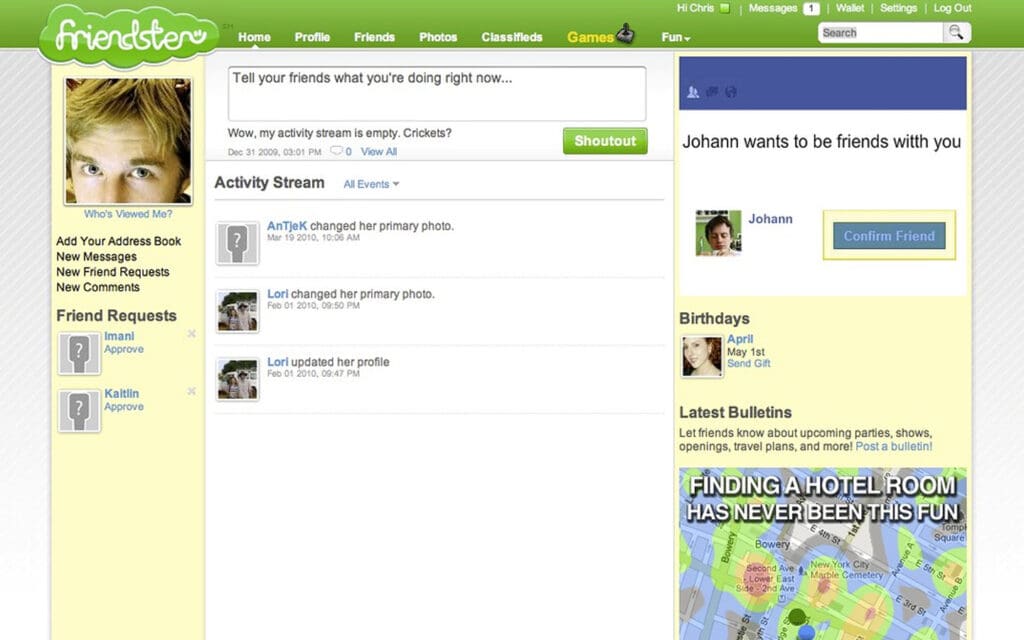
Friendster was one of the first social networks, even before MySpace. It connected people through friends-of-friends and let you see your “degrees of separation.” For a short time, it was a hit in the U.S., but it couldn’t keep up with newer, shinier platforms. By 2015, Friendster was gone for good.
AOL Instant Messenger (AIM)
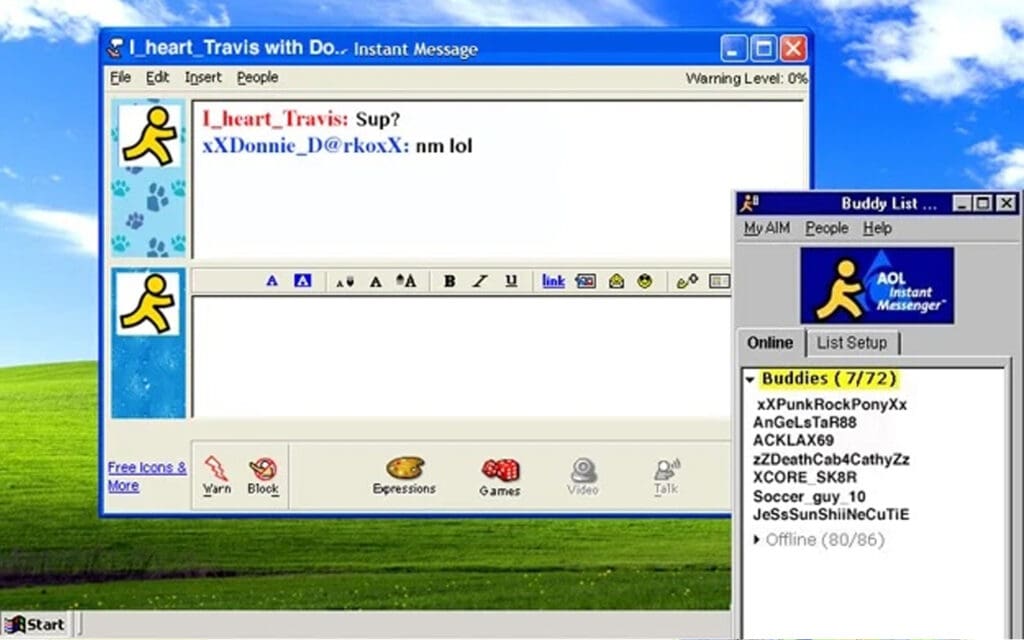
Technically not a “website” but it is still worth mentioning. AIM was the sound of the early internet—literally, with those iconic door opening and closing noises. It was how teens and adults chatted with their friends, complete with away messages and cheesy screen names. It ruled the late ’90s and early 2000s before being overshadowed by texting and social media. AIM officially signed off in 2017.
Foursquare
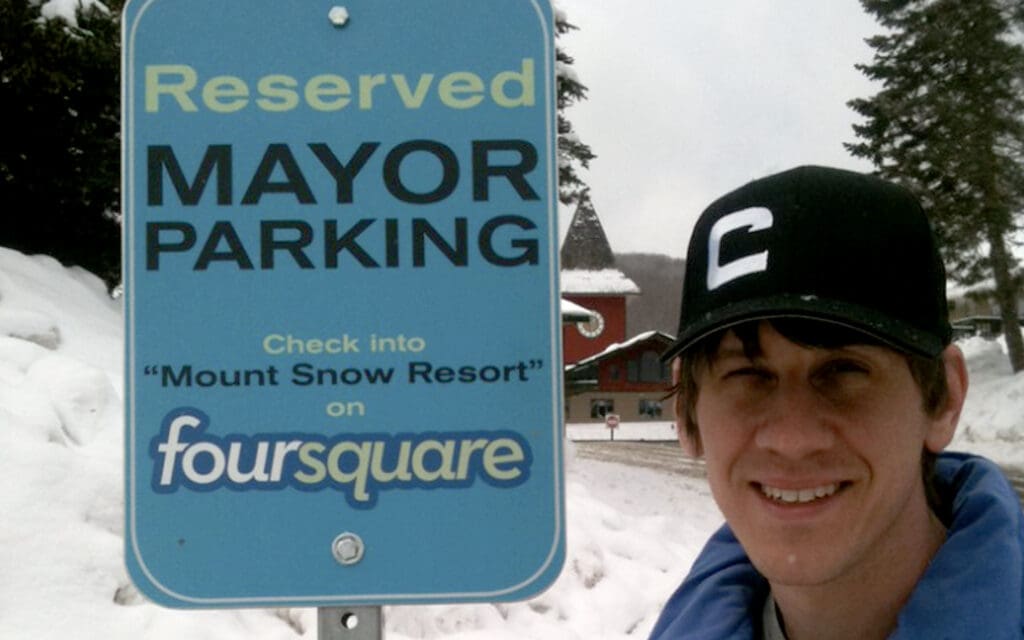
Foursquare made checking in at your favorite spots a thing. You could compete with friends for mayorships and earn badges for your adventures. It was part game, part recommendation tool, and for a time, everyone was using it. Eventually, it lost to Yelp and Google Maps, but it was fun while it lasted.
Yahoo! Answers
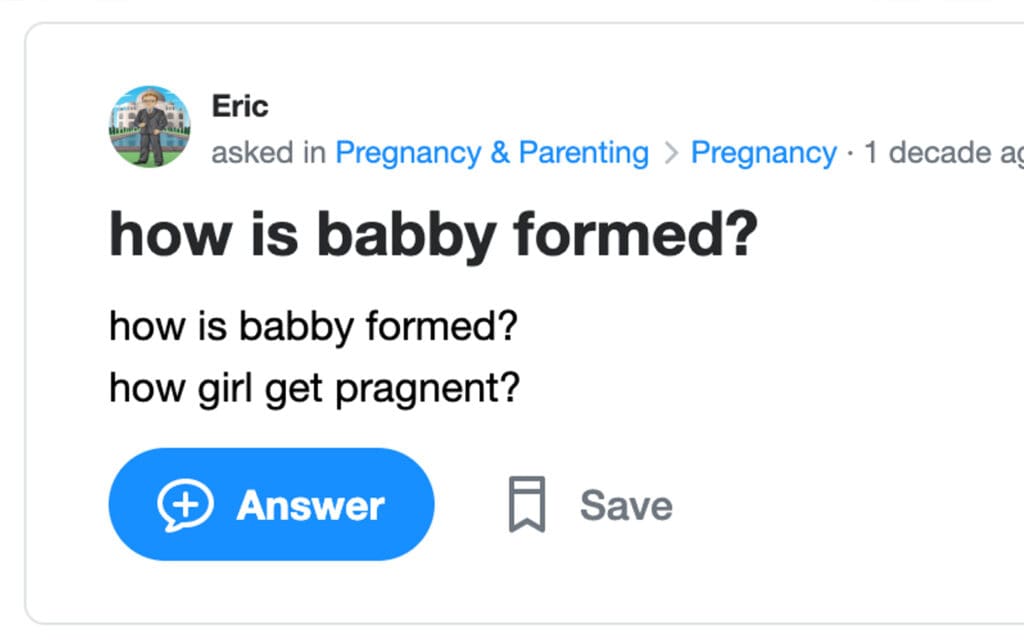
Yahoo! Answers was where people went for all kinds of questions—important or absurd. It became a treasure trove of bizarre and hilarious queries, like “How is babby formed?” Its community was one of a kind, but over time, the quality of answers dropped. In 2021, Yahoo pulled the plug, and the internet lost a piece of its quirky history.
AltaVista
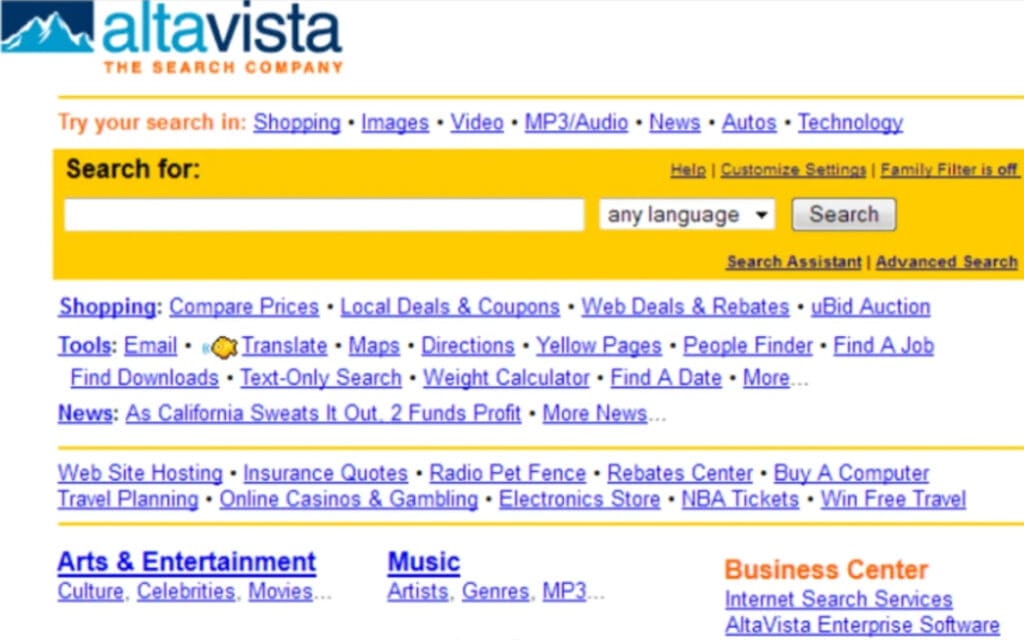
AltaVista was a powerhouse in the early days of the internet, letting users search for everything under the sun. Before Google came along, it was the search engine to use. By the 2000s, its dominance was slipping, and in 2013, it was shut down for good. But for a while, it was the gateway to the web.
De.licio.us
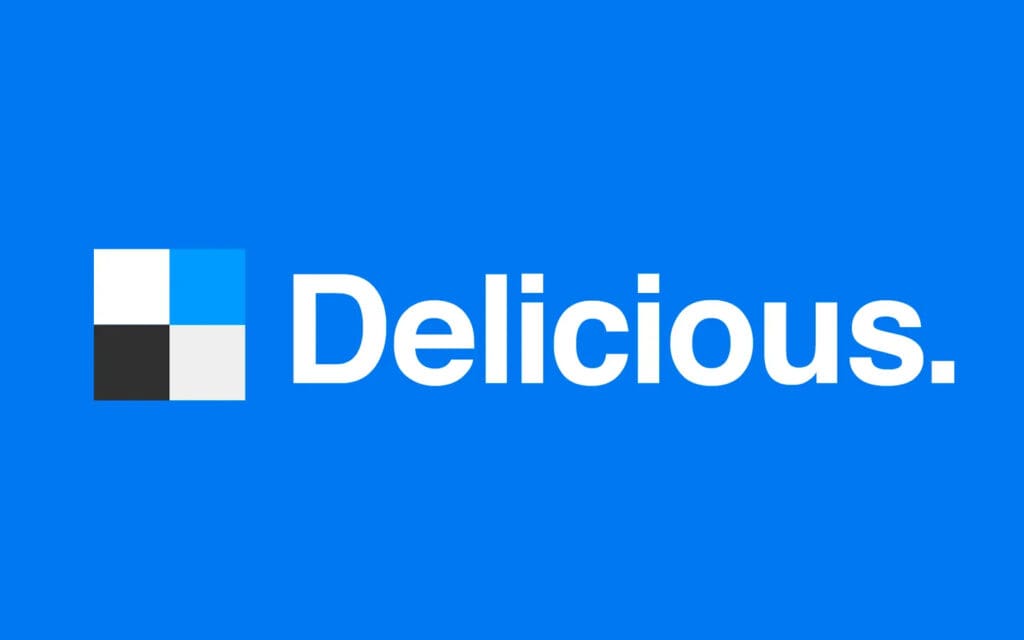
This was THE best way to keep track of and share your favorite websites. It let you organize links with tags and find cool stuff saved by others. For people who loved bookmarking, it was a game changer. After several ownership changes, De.licio.us quietly faded away, shutting down in 2021.
Orkut
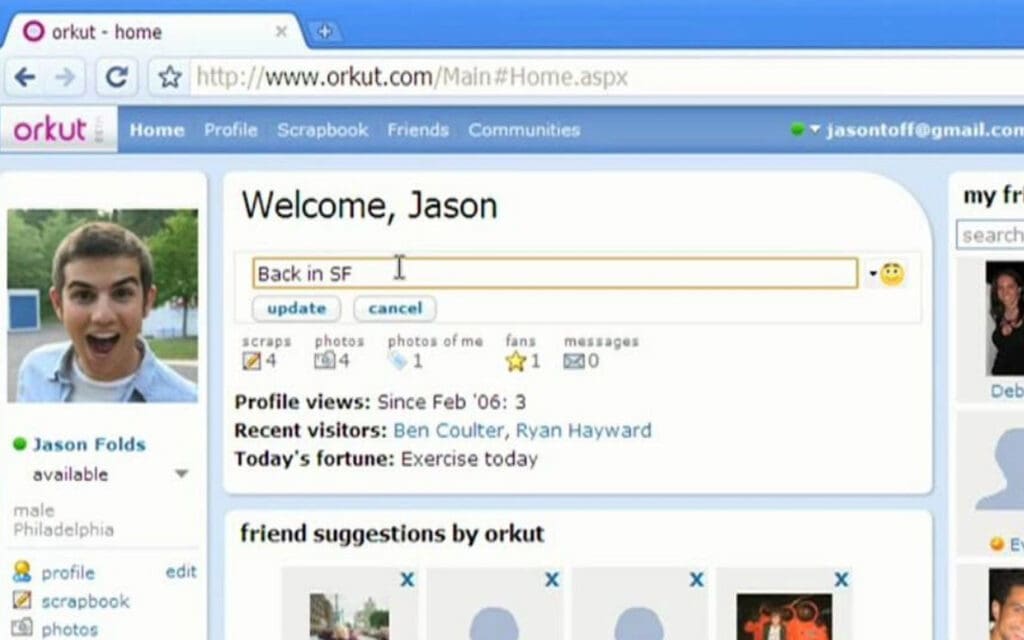
Orkut was Google’s attempt at social networking, and while it was a global hit in places like Brazil, it had a solid following in the U.S. too. It offered communities and features that felt fresh at the time. Facebook eventually outpaced it, and Orkut was shut down in 2014. For its users, it remains a fond memory of early social media.
Xanga
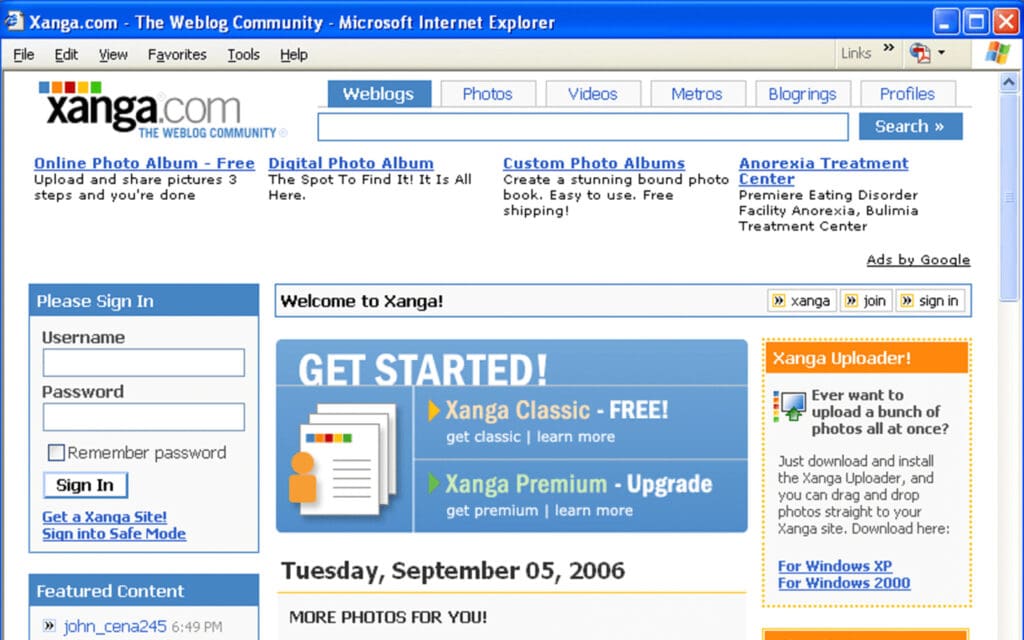
This site was the perfect mix of a blog and an online journal. Teens and young adults poured their hearts out in posts, complete with moody music and pixelated graphics. It was huge in the early 2000s but couldn’t keep up with competitors like Tumblr and WordPress. By the time Xanga 2.0 launched, most of its users had moved on.
Read More: 20 Things Only 90s Kids Will Ever Understand
LiveJournal

LiveJournal was a place to write long posts, join niche communities, and interact with like-minded people. It felt more personal than modern social media, like a mix between a diary and a forum. Its popularity faded as newer platforms emerged, but its impact on early internet culture is undeniable. Many users still think of it with nostalgia.
Read More: Can AI Get Depressed? Users Say ChatGPT is Acting Out
Ask Jeeves
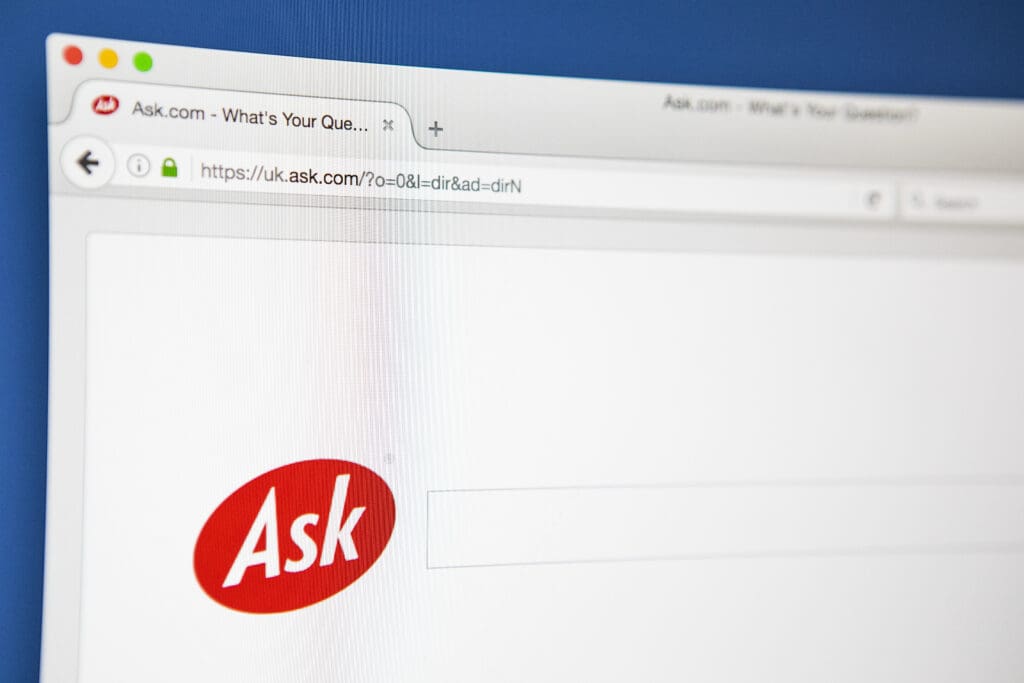
Ask Jeeves was a search engine with a twist—you could type in full questions, and a virtual butler would “answer.” It was charming and helpful in the early 2000s, but it couldn’t compete with Google’s speed and accuracy. Eventually rebranded as Ask.com, the butler quietly retired. For many, though, Jeeves will always be the internet’s gentlemanly guide.
Read More: Bill Gates Made 15 Major Predictions in 1999 That All Came True
MySpace
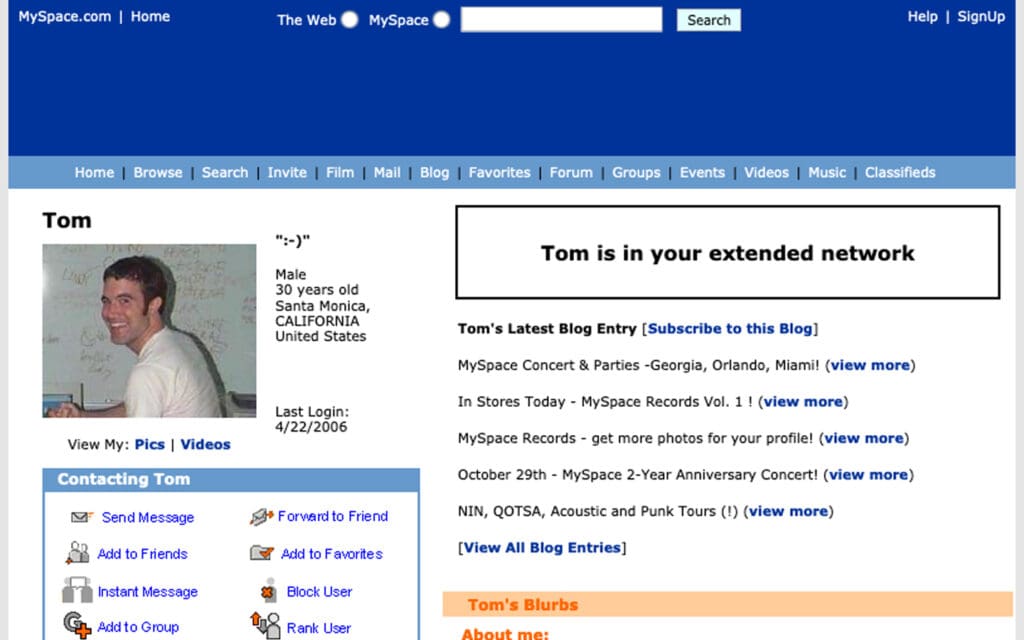
This was the king of social networking in the mid-2000s. Myspace let you customize your profile with music, flashy backgrounds, and your famous “Top 8” friends. Everyone had a page, and it was the place to discover new bands and keep up with friends. Sadly, Facebook came along, and MySpace faded into a distant memory.
Read More: The 20 Dumbest Ways Companies Have Gone Broke

